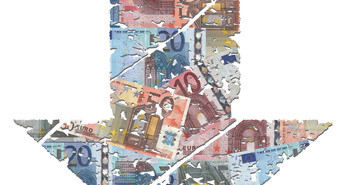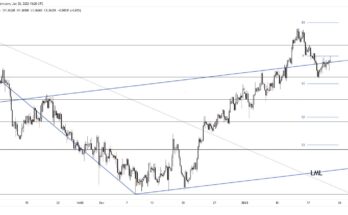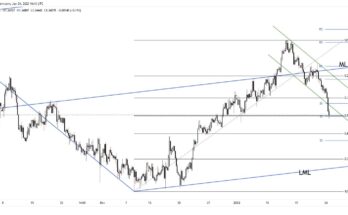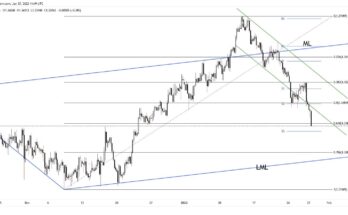Last night, the Russian central bank removed any doubt that Russia is currently facing a currency crisis. Having hiked rates by 100bp last week, the central bank put rates up by a further 650bp to 17% overnight. This was aimed at “limited substantially increased rouble depreciation risks and inflation risks†according to the accompanying statement, where swap lines were also increased with the aim of improving dollar liquidity in the banking sector.
The move is probably the last conventional step from the central bank. Already the outlook for the economy is looking bleak for 2015, especially if the oil price remains around these levels. The central bank has admitted that oil at this level could see the economy contract by as much as 4% next year. The authorities have clearly put financial stability above the interests of the economy, but this is not something that can be continued, so the way the rouble trades in coming days will be crucial. So far, it has appreciated 7.5% in early trade, but it remains above the 60 level and has yet to fully regain the losses seen in yesterday’s session.
The unease in Russia was a factor in causing nervous trade in many markets on Monday. This was evident in another negative session in European stocks, with the majors also trading in a nervous fashion. Note that the VIX index retained the push above the 20 level seen at the end of last week. For today, sterling will be eying inflation data after a nervous day of trading on Monday for cable. Thereafter, there is also ZEW data in Germany, together with provisional PMI data for December in the Eurozone.
Further reading:
ZEW data in Germany
provisional PMI data for December in the Eurozone.



